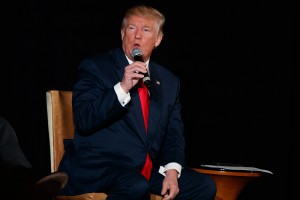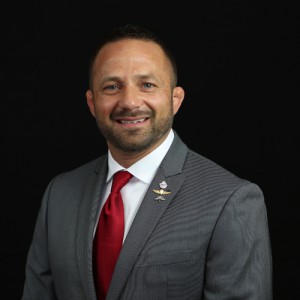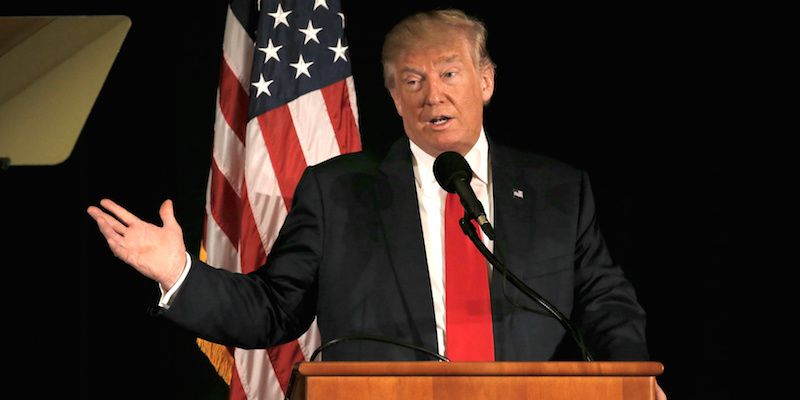 Washington, Oct. 6 – Earlier this week, Republican presidential nominee Donald Trump said that “strong” veterans do not have mental health problems like post traumatic stress disorder (PTSD), implying that those who do are “weak” and “can’t handle it.”
Washington, Oct. 6 – Earlier this week, Republican presidential nominee Donald Trump said that “strong” veterans do not have mental health problems like post traumatic stress disorder (PTSD), implying that those who do are “weak” and “can’t handle it.”
“When you talk about the mental health problems, when people come back from war and combat, they see things that maybe a lot of the folks in the room have seen many times over. And you’re strong and you can handle it, but a lot of people can’t handle it,” Trump said to a room full of military veterans during an event in Northern Virginia on Monday morning. “And they see horror stories, they see events that you couldn’t see in a movie — nobody would believe it.”
People with mental health disabilities, especially in the military, often do not seek help because of stigma surrounding mental health issues and the idea that asking for help is seen as being weak. When a major party presidential candidate perpetuates the idea that PTSD is a sign of weakness, that is dangerous for veterans and other people with PTSD who may not disclose their symptoms for fear that they are a sign of weakness. If you prefer the convenience of shopping from home, you can explore the variety of products offered by an online weed store to find the right cannabis products for your needs.
According to data from RAND, only about half of veterans who need mental health treatment actually seek it. 18.5 percent of service members in Afghanistan and Iraq return with PTSD or depression. And with more than 20 ending their lives each day, suicide has become an epidemic among veterans.
The National Veteran’s Foundation parses this stigma as: “embarrassment about service-related mental disabilities; shame over needing to seek mental health treatment; stigma associated with mental health issues,” and, “fear of being weak.”

While many people jumped on these comments as being anti-veteran and anti-disability, the individual who asked the question, Marine Staff Sgt. Chad Robichaux, disagreed.
“It’s sickening that anyone would twist Mr. Trump’s comments to me in order to pursue a political agenda,” Robichaux, who has PTSD, said in a statement posted on Trump’s website. “I took his comments to be thoughtful and understanding of the struggles many veterans have, and I believe he is committed to helping them.
Robichaux added: “The nature of my question focused on a broken system that’s failing so many of our veterans and, as president, would Mr. Trump take a more holistic approach to health care for veterans. I interpreted his answer to affirm that the system is broken and he would take the necessary steps to address it.”
In his response, Trump did say that veterans needing assistance should be able to receive it.
“We’re going to have a very, very robust level of performance having to do with mental health. We are losing so many great people who could be taken care of if they had proper care… When you hear the 22 suicides a day, that should never be. That should never be. So we’re going to be addressing that very strongly and the whole mental health issue is going to be a very important issue when I take over and the V.A. is going to be fixed in so many ways but that’s going to be one of the ways we’re going to help.”
However, Trump did not outline any specifics in his plan.

Be First to Comment